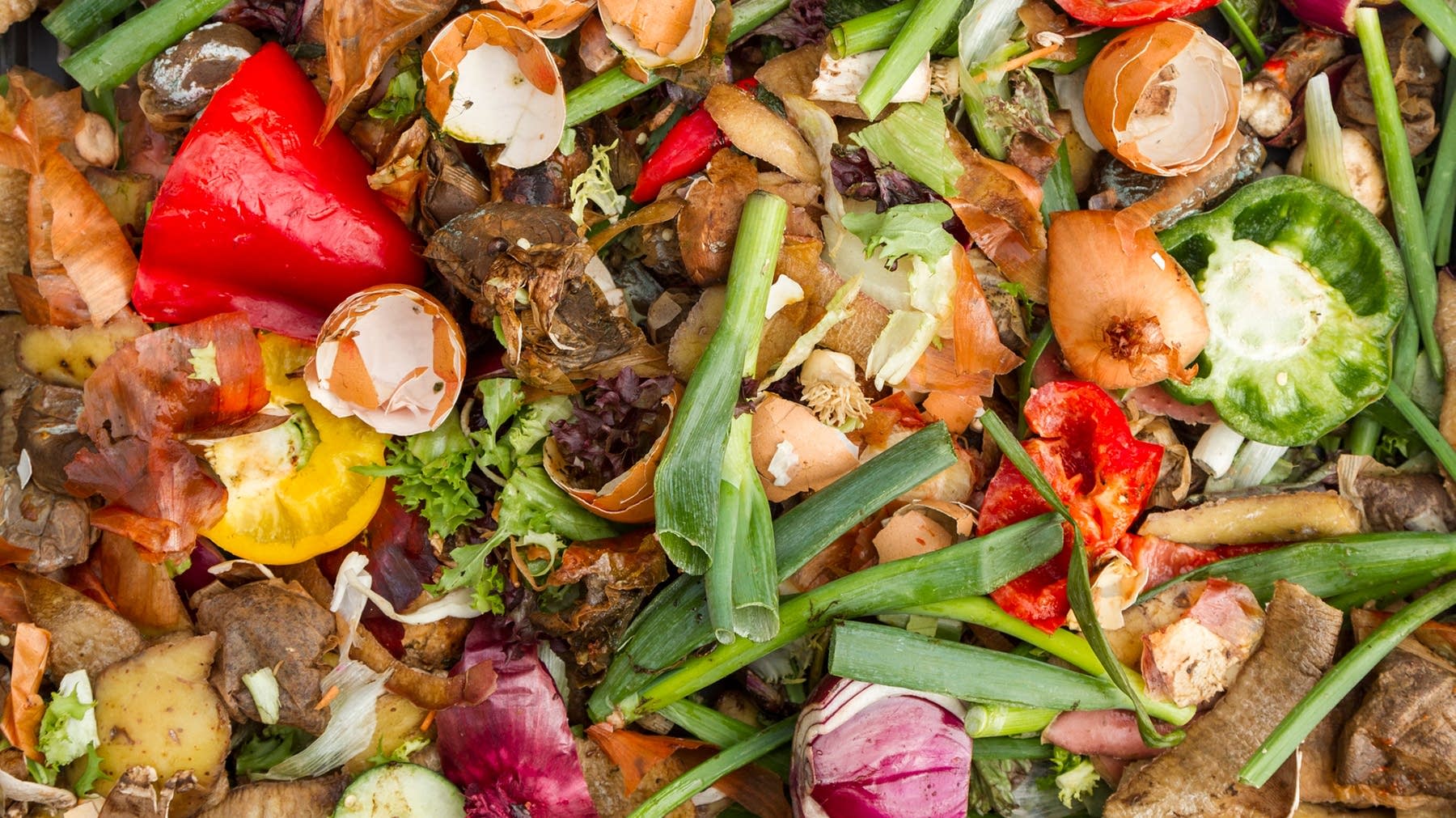
Food waste is a growing problem in cities around the world, with an estimated one-third of all food produced globally going to waste. This not only represents a huge loss of resources, but it also contributes to greenhouse gas emissions and the degradation of our natural environment. However, there is hope on the horizon, in the form of innovative city composting programs that are helping to reduce food waste and support sustainable agriculture.
One of the biggest challenges in reducing food waste is finding a way to manage it efficiently. Landfills are already overflowing, and traditional composting methods can be time-consuming and require large amounts of space. This is where city composting programs come in. By leveraging technology and partnerships with local farmers and businesses, these programs are turning food waste into a valuable resource that can be used to improve soil health and support local food systems.
One of the key innovations in city composting programs is the use of specialized composting facilities. These facilities are designed to process large amounts of food waste quickly and efficiently, using state-of-the-art equipment and techniques to produce high-quality compost in a fraction of the time it would take using traditional methods. The compost produced in these facilities is then used to support local agriculture, helping to build more sustainable and resilient food systems.
The future of food waste management is bright, with city composting programs playing a key role in reducing waste and supporting sustainable agriculture. By leveraging technology, partnerships, and collaboration, these programs are helping to create a more sustainable and resilient future for our cities and our planet.
We at “Bhumi Green Energy” is revolutionizing compost production. We use cutting-edge technology and traditional methods to produce high-quality compost that is safe and effective. Their facilities are powered by renewable energy sources, reducing their carbon footprint. Bhumi’s compost has been proven to improve soil health and reduce the need for chemical fertilizers, leading to a more sustainable food system.
In conclusion, the future of food waste management looks bright, with innovative city composting programs leading the way. By turning food waste into a valuable resource, these programs are helping to reduce waste, support local agriculture, and create a more sustainable and resilient future for our cities and our planet.
continue reading
